British Cycling votes to accept governance reforms
- Published
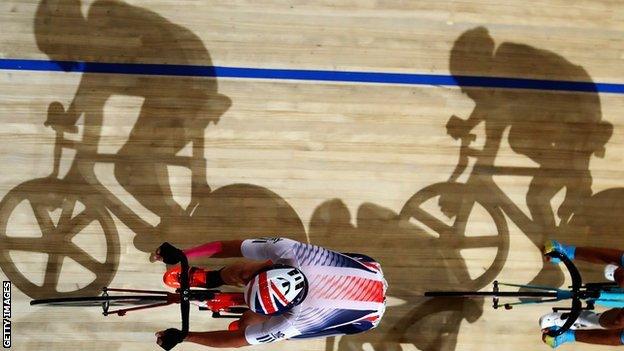
Great Britain won a combined 33 medals across the Rio 2016 Olympics and Paralympics
British Cycling will retain £43m in public funding after its national council approved governance reforms in an extraordinary general meeting.
A 75% majority was required to pass the changes, demanded by sports minister Tracey Crouch to make governing bodies more independent and diverse.
As part of the deal, a board place will be created for the 10 English regions.
"The vote is the start of an exciting new chapter," said British Cycling's chief executive Julie Harrington.
"Securing funding will enable us to inspire more people onto two wheels."
Funding agency Sport England had allocated £17m to British Cycling to boost grassroots participation, while UK Sport is set to invest £26m for its Olympic and Paralympic teams' preparations for Tokyo 2020.
However, the government deemed that, from November, boards of governing bodies must be "the ultimate decision-making body and exercise all of the powers of the organisation" - something that former chief executive Peter King thought would be rejected by more than 25% of British Cycling's 130,000 members.
British Cycling executives - including president Bob Howden and chairman Jonathan Browning - attended a series of regional meetings in a bid to convince members to support the reforms.
The reforms included an increase in the number of openly recruited independent board members from three to four and an independent chair. They also included a limit for directors of three three-year terms, with six of the eight elected members on the current board being forced to stand down.
British six-time Olympic champion Sir Chris Hoy had written to urge them to accept the proposals.
And Howden warned that cycling "could be lost to an entire generation" if their Sport England funding was withdrawn.
British Cycling said the reforms were voted through by 94% of its members and the result was welcomed in a joint statement from Sport England and UK Sport.
"We are very pleased to see that British Cycling members voted in favour of proposed governance reforms," the organisations said.
"National governing bodies of sport in receipt of public funding have a huge responsibility to invest it wisely and with transparency, and the code was launched to ensure those organisations have the highest standards of leadership.
"Some of the proposed reforms will involve significant changes, so today's vote from the members is a strong demonstration of British Cycling's commitment to continuous improvement to benefit everyone involved in the sport."
Julian Knight MP, who sits on the Culture, Media and Sport Select Committee, said British Cycling has "stared into the abyss and decided not to jump".
He added: "I trust this will provide a wake-up call to the sport that success doesn't give it a free pass. It must strive for the highest standards in governance and how athletes are treated."
To date, the government has had mixed results persuading sports to adopt its Code for Sports Governance, designed to improve governance standards across sport.
In May, the Football Association's council finally approved reforms, having been threatened with a £15m funding cut.
But earlier this month, the national governing body for table tennis became the first to reject the government's standards and had its full £9m Sport England funding award suspended as a result.
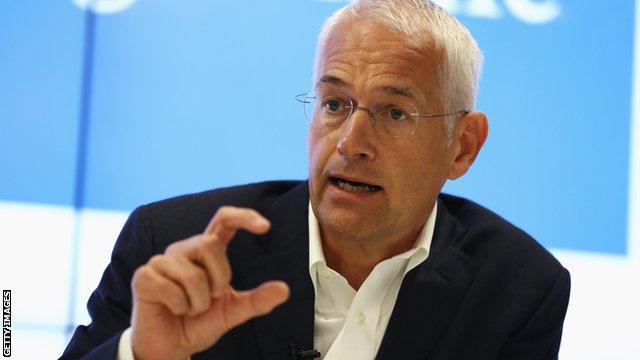
British Cycling chairman Jonathan Browning has attended meetings in a bid to convince members to support a package of reforms
- Published21 July 2017
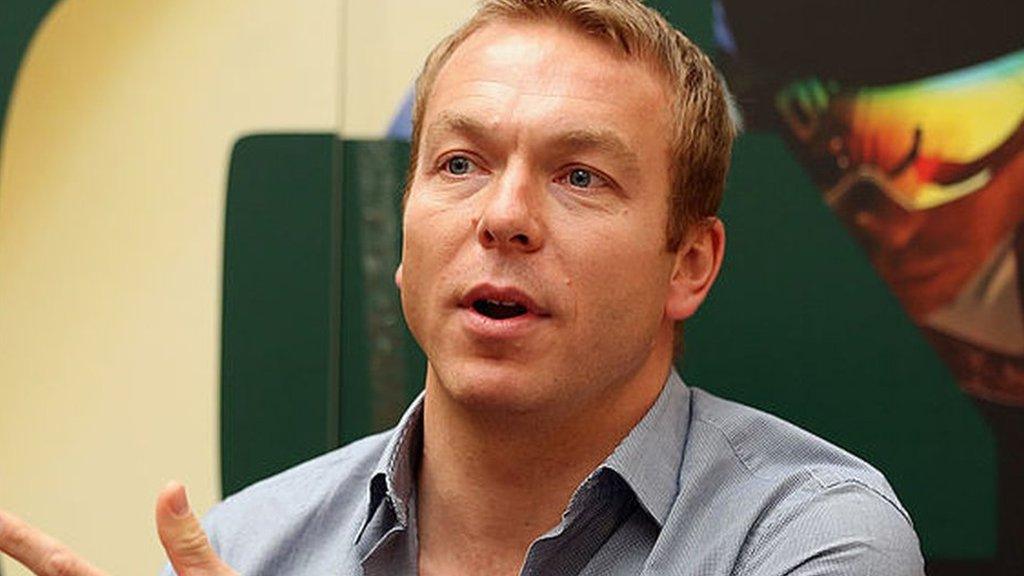
- Published16 July 2017

- Published10 July 2017
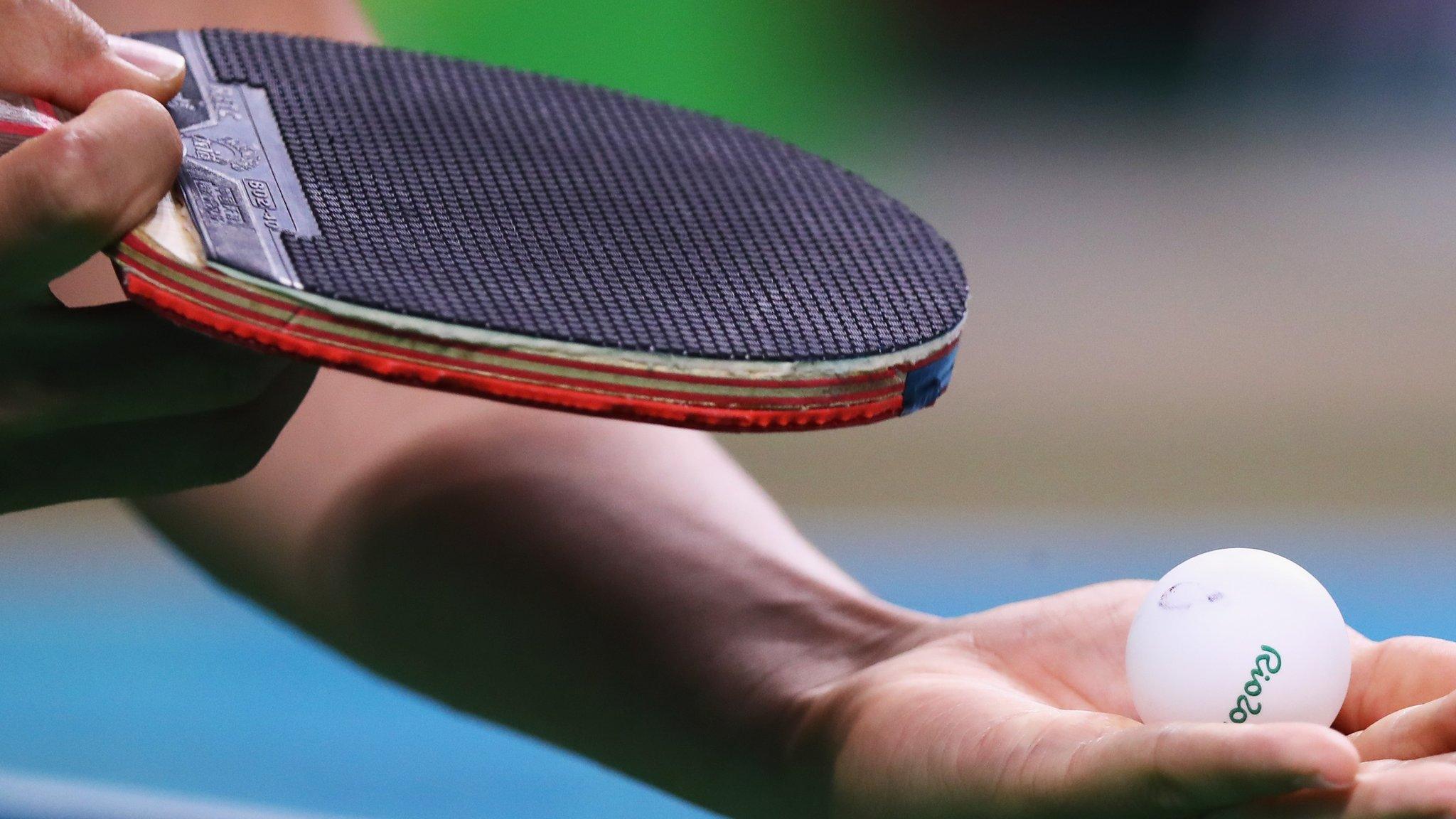
- Published5 June 2017
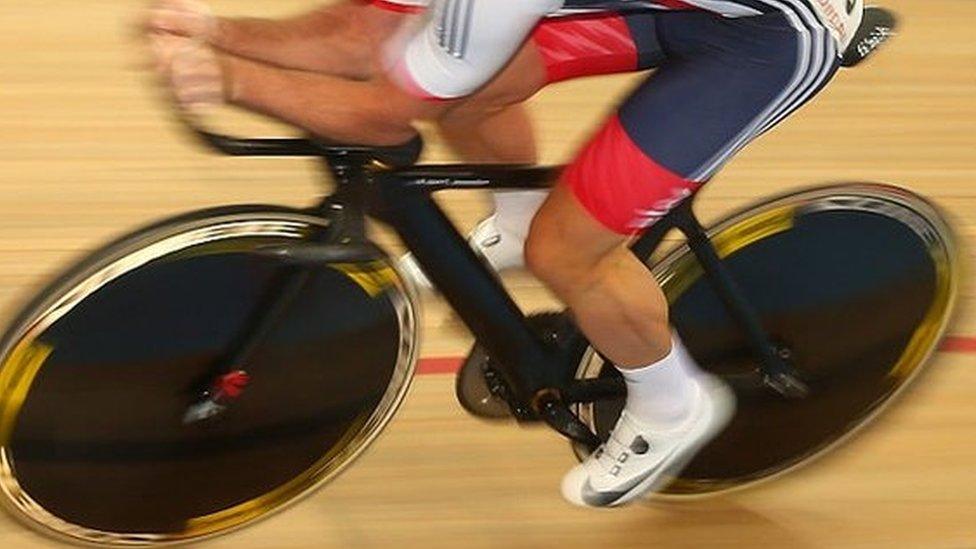
- Published21 March 2017
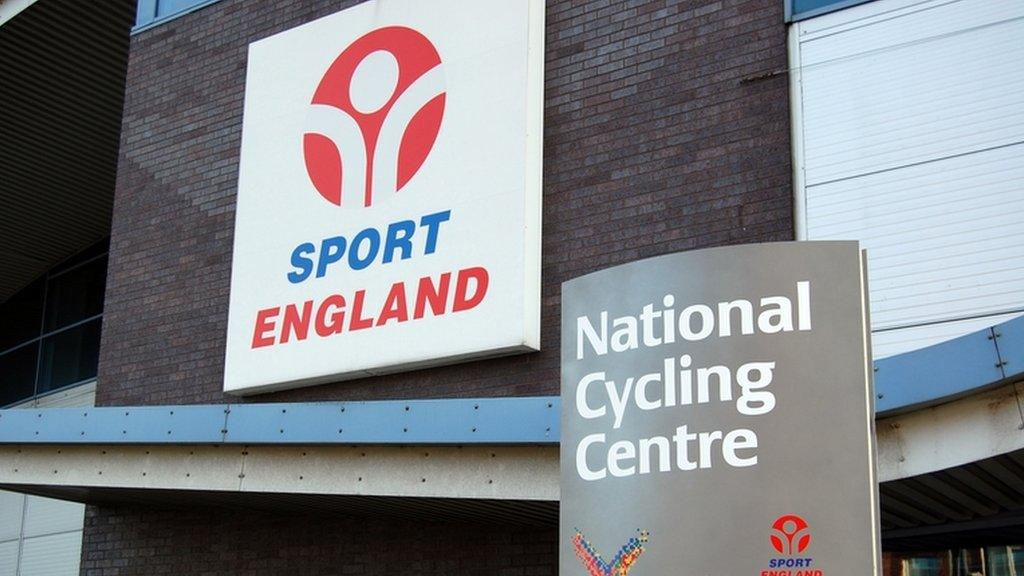
- Published14 June 2017
